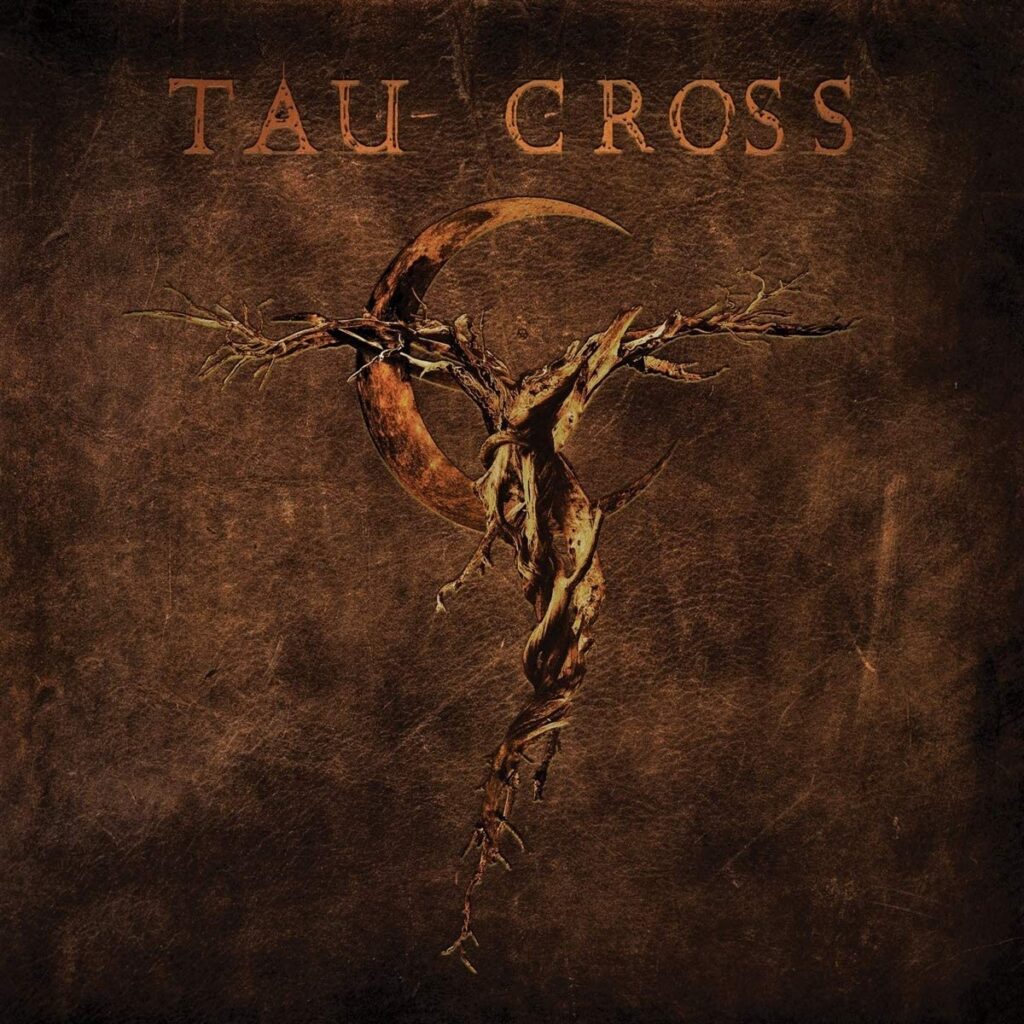
Forged in the controversy of the band’s sudden and ignominious departure from Relapse Records, Messengers Of Deception had a troubled gestation. Originally slated for release in 2019, the record was abruptly shelved when it was noted that controversial author Gerard Menhuin had been thanked in the credits. The extent to which Miller may have been influenced by Menhuin’s work remains an open question, although Rob’s staunch refusal to be cowed served to stoke the flames of outrage. As a result, the label exited stage left, the band following closely behind, and Rob has spent the past year reworking and re-recording the album with new members.
As such, there will be those who will never engage with the record (and perhaps even believe that it should never see the light of day). Yet if, as has long been held, art is one of the ways in which humans seek to understand the world around them, to arbitrarily censor it is a dangerous precedent to set. To counter a common misconception, cancel culture does not come from a place of strength, but a place of ideological weakness. Ideas should be drawn into the light, where they are forced to account for themselves. To silence an opposing view is neither to defeat it, nor will it out of existence – and to counter any argument, it must first be heard and understood. To this end, we approached Messengers Of Deception with an open mind, preferring to judge the content than the preconception.
Opening with the vital surge of Yaldabaoth, it is immediately clear that Tau Cross has lost none of its musical potency, despite the disruption incurred by the line-up shift. With a tightly-wound, metallic riff at its heart, Rob’s lyrics evoke familiar themes of nature’s grandeur vs the gilded cage of modern civilisation as he attempts to unravel the gnostic view of creation in just four minutes. Such ambitious themes reoccur across the album, as Rob questions humanity’s place within the universe. It’s followed by the surprisingly elastic riffing of Hollow Earth, which evokes images of Jim Martin jamming with Judas priest, Rob’s familiar rasp anchoring the material in the Tau Cross realm. The album hits an early peak with previously-released single Burn With Me, a ferociously melodic assault that reaffirms the band’s raw power. Fittingly, considering the controversy that dogged the album, the song’s brutal lyrics detail the condemnation of those who dare to step away from an established narrative (an increasingly pressing problem in the court of social media) and one can only guess at the emotions in the studio as Rob tracked the vocals on this track. In contrast, the propulsive Black Cadillac rides through a darker, post-punk realm, a coruscating combination of Killing Joke, early Ministry and Fields Of The Nephilim. The final words, “it’s like a worm in my mind” echo through the mix, segueing directly into the ambient horror of Violence Of The Lord, a scathing assessment of organised religion that sees Tau Cross expanding their sonic landscape considerably over the course of six minutes.
The title track, Messengers Of Deception (the only track to be written by a former member and performed here with his blessing) is a potent and forbidding entity, exploring themes of UFO folklore, referencing French computer scientist and Ufologist Jacques Vallee. It gives way to the dark groove of Babylonian Death Cult, which sees Tau Cross flirting with gothic influences to a greater extent than was hitherto apparent, although the central riff feels a touch too one-dimensional to justify the song’s length. However, the churning rage of Drowning The God is on hand to drive the album forward, with its deft time changes and multi-hued vocals. It prepares the ground for the wasted beauty of Three Tides, an initially folk-infused piece that takes almost two minutes to fully reveal the NWOBHM instincts that underpin its lengthy run-time, all of which makes for an exhilarating, wind-swept ride across the landscape that Rob calls his home. The album concludes with Sorrow Draws The Plough, a truly lovely piece of music, that sees Rob singing over a lone piano as the shades slowly drop down over a record he had to fight like hell to release. Using the closing of the harvest as a metaphor for endings, it’s a heart-stopping moment of reflective beauty that lives in the memory long after the album has concluded.
Musically, Messengers Of Deception sees Tau Cross remain as vital as ever. Having not heard the original, it is difficult to validate Rob’s assessment of this version’s relative strengths, but there is no question that it is a powerful sonic statement that expands the band’s sonic horizons and offers tantalising possibilities for the future. Lyrically, there is nothing apparent to justify the controversy surrounding the album’s previous incarnation. Rather than offer assertions, Rob primarily seeks to question conventional wisdom on a wide range of topics, his primary fear appearing to be a didactic world order that seeks to eliminate alternate narratives. A genuine passion project, Messengers Of Deception sees Rob Miller and Tau Cross flourishing in exile. For those willing to judge the lyrical content for themselves, the album is a rewarding, richly-textured experience that builds upon the impressive legacy of the debut. 8.5/10



